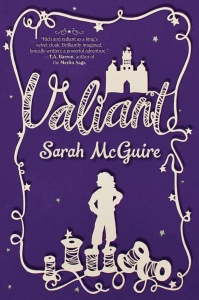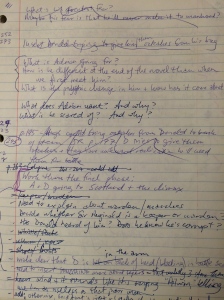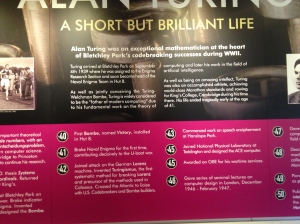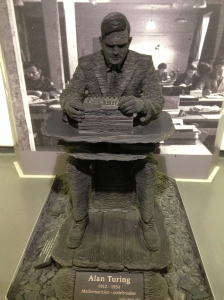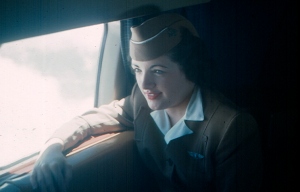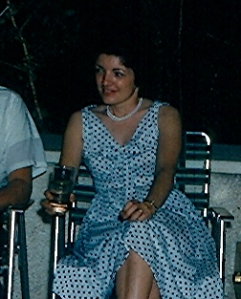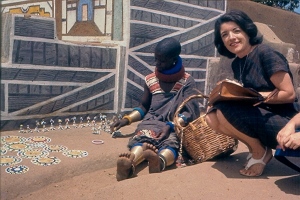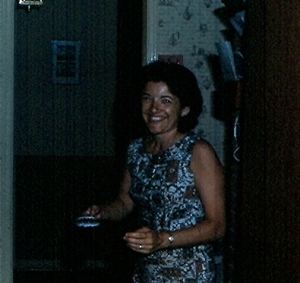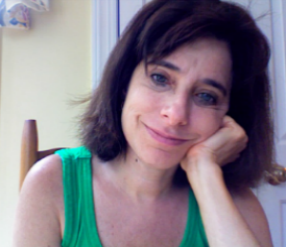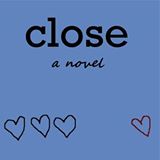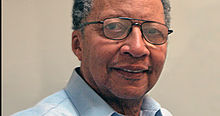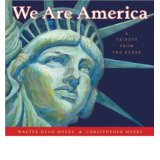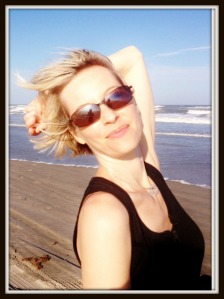I first “met” Luke when he was living in England as his wife was working on her PhD. I don’t remember now exactly how we connected but I knew he was a man with a love of words and of people, who not just wore his heart on his sleeve but held it out to others, and spoke about his journey through daily life with humility and awe. You can read his thoughtful blog here: http://reynoldsluke.blogspot.com He is serious and kind and also funny — his favorite activities include “Singing Songs That Do Not Exist and Yet Often Rhyme and Yet Do Not Have Any Musically Redeeming Qualities Except the Joy They Bring Me as I Make Them Up.” :o)
Luke wrote his first book while in England as we exchanged emails about life, family and writing. I had the pleasure of reading The Looney Experiment in draft and final forms. Atticus, the main character, is a sweet, thoughtful, funny, hurting, caring and also very normal middle school boy. He is flawed, like all of us — not like the new Atticus in Harper Lee’s Go Set a Watchman, though! Despite bullying, girl problems and a dad who has taken off, he aspires to be the Atticus in To Kill a Mockingbird.
The Looney Experiment publishes August 4th and I hope you’ll enjoy it along with me as I read it again. In the meantime, it’s always fun to get to know more about the person behind the story, so here’s Luke!! Oh, and one thing that’s not mentioned here but I have on good authority from his 7th grade students: “Mr. Reynolds is the best teacher in the entire world.”
Tea or coffee? Flavor? Milk or sugar?
I absolutely love coffee with heaping amounts of cream. I made it through most of college drinking zero coffee, and then when I did my student teach—BAM! Coffee extravaganza. Now, 11 years of teaching later and with two kids of our own, I’d like to steal the line of one of the teachers with whom I worked and who I deeply admire, Mike Dunn: “I wish I could have an IV of coffee.”
Favorite season?
I love the Fall in New England, when trees are changing their clothes and days feel cool yet still filled with light. There is a deep sense in which certain things are passing on, but the Earth accepts this as part of life. Fall not only comforts me, it instructs me.
Cat or dog?
I love both, but am partial to dogs right now since we adopted a dog from a shelter about two years ago. She is small, loves our two boys, and is named Harper (after…you guessed it).
Ideal vacation.
My wife, Jennifer, recently planned (and surprised me with) my actual idea vacation for this past Father’s Day! During conversation one evening, I was sharing with Jen how I remembered hiking through The Flume in the White Mountains of New Hampshire as a kid. My parents brought my four brothers and I up there and I just have so many amazing memories from hikes in the region. Aloud, I wondered to Jen what it would be like to go back and see it now, as an adult. Would it still have the same humble nobility, the same joy, the same power and presence that it had for me as a kid? Well, Father’s Day rolled around and Jen had planned a three day getaway to the White Mountains—complete with a trip to the Flume for us and our two sons. (Oh, and the Flume retained all its splendor, even more.)
Favorite musical instrument.
I love the drums! In high school, I played the big bass drum in the marching band, the timpani in the Orchestra, and kept trying to make the cut in the Jazz band to play the set. Even now, whether we’re hanging out in church, going for a hike, singing made-up songs in the kitchen, I find myself drumming along on whatever surface I can find. And one of my favorite sounds of drumming, lately, is pulling out the pots and pans for the kids and watching them drum with wooden spoons in our kitchen.
Topic you’d most like to write about.
I’d like to write about more situations in which middle school and high school boys face what they actually feel inside—and I’d like to write novels in which these characters step out of the narrow confines which much of society denoted for them. Young boys are thirsty for new models of what their lives can look like—rather than accepting the tired, violent, and destructive notions that boys are somehow supposed to be “tough.” I think boys need to see that emotional complexity, fear, confusion, sadness—these are all parts of being HUMAN.
Topic you think most needs writing about.
I think that we need more novels about transgender protagonists, like the new George coming out from Alex Gino and Scholastic, as well as novels with protagonists who identify with backgrounds and ideas that are not based in whiteness. I think we are seeing an incredible surge of diverse voices and ideas and protagonists and stories and journeys, and I hope it grows and grows. I hope, too, that as more stories are told, we will also question what seem to be “traditional” ideas about what success is, what hope is, what love is. Each time a new story (or a new protagonist) is revealed, we have a doorway into seeing the world in a new way.
Author you’d like to meet.
I would absolutely love to meet Kwame Alexander! I listened to his mesmerizing The Crossover on CD on the way to and from my 7th graders this past year, and I remember getting to school and sitting there, not wanting to shut the car off yet because I wanted to hear just a little more of this amazing novel. Also, I’ve watched a few talks of Kwame’s online and was deeply moved—and laughed, too—so I would be thrilled to one day meet him face to face!
Question you’d ask that author.
Great question! I would ask him, “What helps you stay grounded and yet still soar?”
[From Kathy: Luke, I know Kwame and he’s as friendly and easygoing as he is brilliant. I’m sure you’ll get the chance to meet him and ask him this question as well as other!]
What / who gives you spiritual guidance and inspiration?
To be honest, my wife, Jennifer inspires me deeply to love God and people. Jen’s vision of faith is so expansive, so big and inclusive and beautiful and honest—and when she talks about God and about the kind of love we are called to give and receive, I so deeply want to live. Also, I like reading meditative thinkers who believe that our spirituality must be turned into action—people like Thomas Merton, Paulo Freire, Parker Palmer.
Some favorite books?
Oh—so many! Some of my recent favorites are Better Nate Than Ever by Tim Federle which made me both laugh and cry; Between the World and Me by Ta-Nehisi Coates, of which I picked up an ARC at the ALA Convention and the book both rocked my core and inspired me; Watch the Sky by Kirsten Hubbard; Olive Kitteridge by Elizabeth Strout, which I read on the airplane the entire six hours to ALA and could not stop reading…and some all-time favorites are: Mockingbird by Kathryn Erskine; Okay for Now by Gary D. Schmidt; The Crossover by Kwame Alexander; Middlemarch by George Eliot; Roll of Thunder, Hear My Cry by Mildred D. Taylor; The Breadwinner by Deborah Ellis; Breath, Eyes, Memory by Edwinge Danticat.
Some favorite movies?
Probably one of my all-time favorite films is Rudy, and not because I am a big football fan (total vulnerability: I don’t even know all the rules or follow what’s actually happening in a game of football), but rather because Rudy is a little guy in a big world and he draws a line in the sand and says, essentially, This is who I am and I will not give up. Ever. I love that. Also: Wild, Spare Parts, A Better Life, A Few Good Men, Finding Forrester, Good Will Hunting, The Great Debaters, Mcfarland, USA, Into the Wild, Glory Road, Letters to Juliet, Selma.
Thanks, Luke! Here’s a link to The Looney Experiment: http://www.indiebound.org/book/9780310746423
And here’s a link to Luke’s other books: http://www.amazon.com/Luke-Reynolds/e/B002BLP90W/ref=dp_byline_cont_book_1



